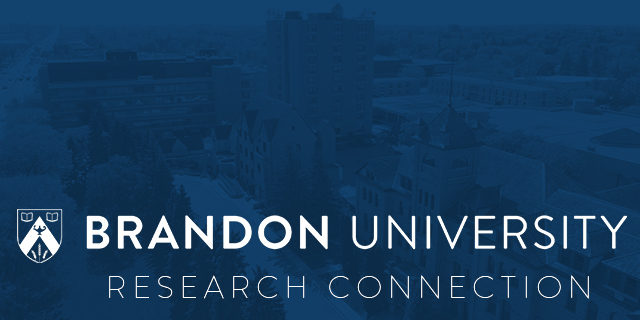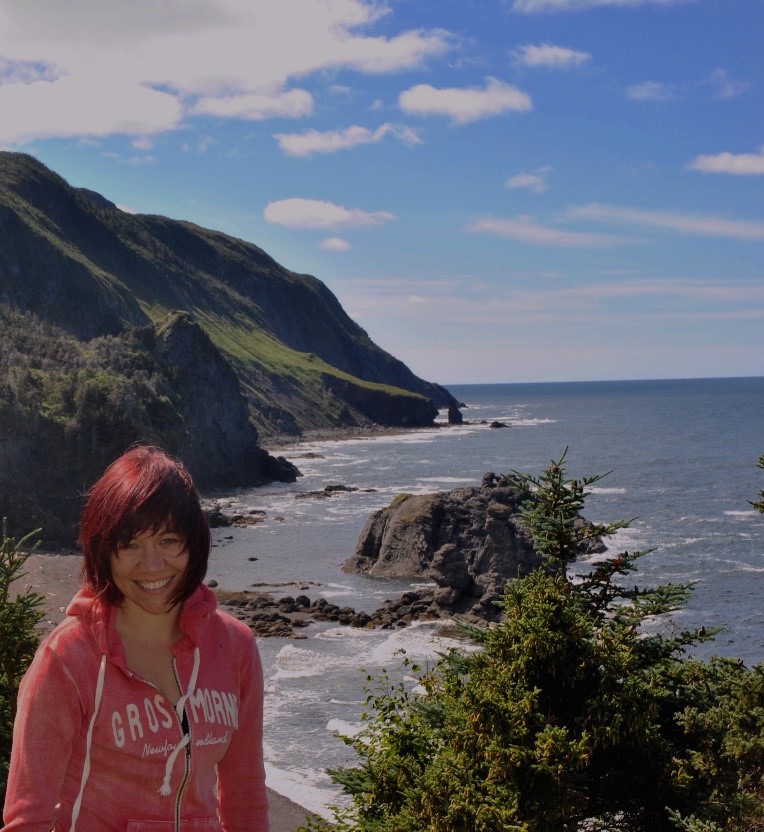
By
Kristen Lowitt
September 2018
Print Version
What you need to know
For Indigenous communities across Canada, re-establishing access to traditional foods (sometimes also called ‘country foods’) is recognized as a key pillar of achieving food security and food sovereignty. For the Saugeen Ojibway Nation (SON) in Ontario, engaging in wild harvest activities throughout their traditional territory on the Saugeen (Bruce) Peninsula and the waters of Lake Huron and Georgian Bay has long been vital to their food systems, culture, and trade. Fishing is of especial significance to the Saugeen Ojibway peoples, with the Ontario Supreme Court reaffirming in 1993 that SON has an Aboriginal and treaty right to fish for commercial and sustenance purposes within their traditional territory.
Why this research is important
I led a partnership-based study (2015-17) with SON to look at the relationships between access to fisheries in their traditional territory and outcomes for food security in terms of access to sufficient, nutritious and culturally appropriate food. The research sought to contribute to the community’s efforts to better link fisheries management, economic development, and local food needs in their policy and programming.
How the research was conducted
Working closely with staff members from SON, I undertook four focus groups involving 28 households to understand their experiences in accessing local fish, as well as 16 interviews with Elders, fish harvesters, and decision-makers to gather their perspectives on traditional food practices, sustainable livelihoods, and fisheries management.
What the researcher found
A key finding is that while access to fish for food security depends on SON’s legal rights to the water, these are not sufficient to deriving food security benefits. Due to the disruptive impacts of colonialism, more attention needs to be placed on strengthening the social mechanisms that are important to SON making better use of their legal rights. These include enhanced transfer of inter-generational fishing knowledge, rebuilding cultural identities tied to land and water, and strengthening community sharing and exchange networks. As an Elder explained, “A lot of people have lost their language. You can’t translate what the Ojibway say into English and get the feeling of how it’s attached to the cycle of nature.”
Beyond the community level, we also found that environmental change is impacting SON’s fisheries. Some participants were concerned about the introduction of non-native fish species to the lake, particularly when these prey on native fish important to the local culture and food system. For example, a community decision-maker said: “What happens if whitefish die off, and they stock something else? You will lose that connection to the clan system, the spirits of those fish.”
How this research can be used
The full results of our study are available in the Journal of Great Lakes Research. We hope this research may be useful to other Indigenous communities engaged in similar struggles to assert governance over their fisheries and obtain food security and food sovereignty.
About the Researcher
Keywords
- food sovereignty
- participatory research
- sustainable food systems
Publications Based on the Research
Lowitt, K. & Neis, B. (2018). The retail food environment and household food provisioning strategies in the rural region of Bonne Bay on Newfoundland’s west coast. In Keske, C., (Ed.), Newfoundland Food Futures Anthology (pp.213–233). St John’s, NL: ISER Books.
Lowitt, K., Gray-Donald, K., Hickey, G., Saint Ville, A., Ganderson, I., Madramootoo, C., Phillip, L. (2018). The Obesity Pandemic & Food Insecurity in Developing Countries: A case study from the Caribbean. In Karpyn, A., (Ed.), Food and Public Health. Oxford University Press.
Levkoe, C., Lowitt, K., & Nelson, C. (2017). “Fish as food”: Exploring a food sovereignty approach to small-scale fisheries. Marine Policy 85, 65–70.
Editor: Christiane Ramsey
Read more BU Research
Research at Brandon University follows comprehensive policies designed to safeguard ethics, to ensure academic integrity, to protect human and animal welfare and to prevent conflicts of interest.

